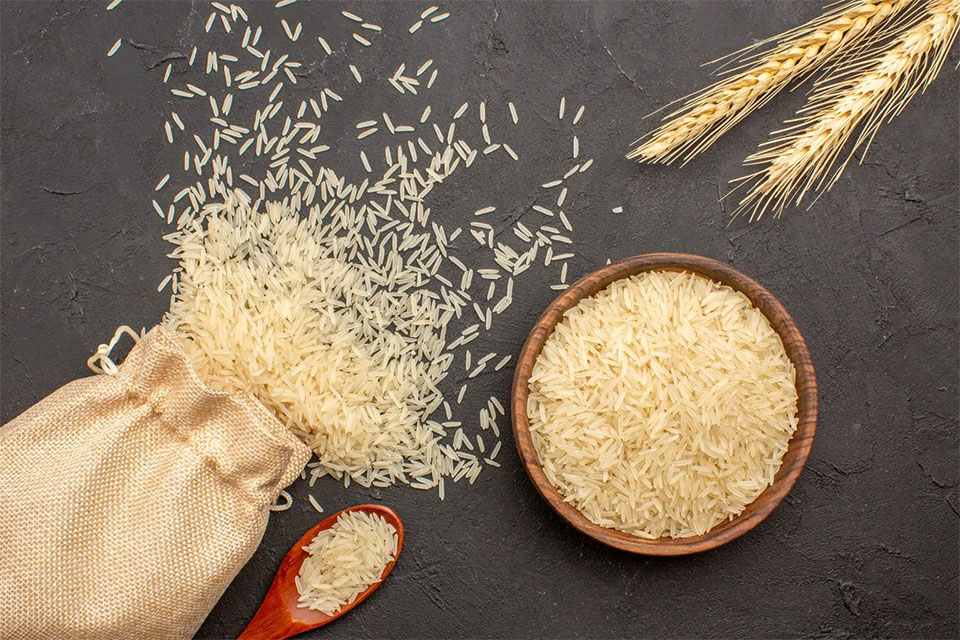
Rice comes in many forms and sizes and is one of the world’s most important food items. Rice production recently overtook wheat as third largest crop in the world. Besides, rice provides one fifth of the calories consumed worldwide. It is a culturally important crop as well. Rice is the foundation of a Galinhada in Brazil, Sushi in Japan as well as a Biriyani in India. It is one emotional food item that people across the world, especially those in the southern hemisphere, relate to home and its memories. So, rice has an emotional connect as well.
A majority of rice production happens in Asia, with India, China and neighboring countries out producing the rest of the world by a huge margin. This brings us to the critical question: what is the environmental impact of rice production?
Environmental Impact of Rice Production
With rice, there are two main environmental impacts to consider: methane emissions and water use.
As far as methane emissions go, rice has one of the smallest footprints per ton and is way better than emissions from animal based foods. So, in that sense, rice is eco-friendly. The other impact that rice has on the environment is use of fresh water. Being a water-intensive crop, rice consumes one-thirds of world’s fresh water for cultivation alone.
However, rice production technology is becoming more organic and sustainable. Methods like drip irrigation and conservation tillage reduces water usage and also helps minimize soil erosion. Such sustainable methods also have helped reduce green house emissions by way of less use of machinery.
There is an ever increasing global demand for rice. Considering that, rice production must increase by atleast 25% over the next 25 years. At the same time, it is also necessary to safeguard Earth’s already limited natural resources and ensure enough for the sustenance of future generations.
Our Practices that set a benchmark
We at Panicle Worldwide practice sustainability as one of our core principles. All our procurements are done from the most sustainable and eco-friendly cultivations. Basmati Rice, Non-Basmati Rice or Peanut Butter – our processes and procedures are tailored to ensure that our business is as eco-friendly as possible. Be it production, export policies or Private Labelling processes, our procedures mirror our commitment to our customers and our environment.
